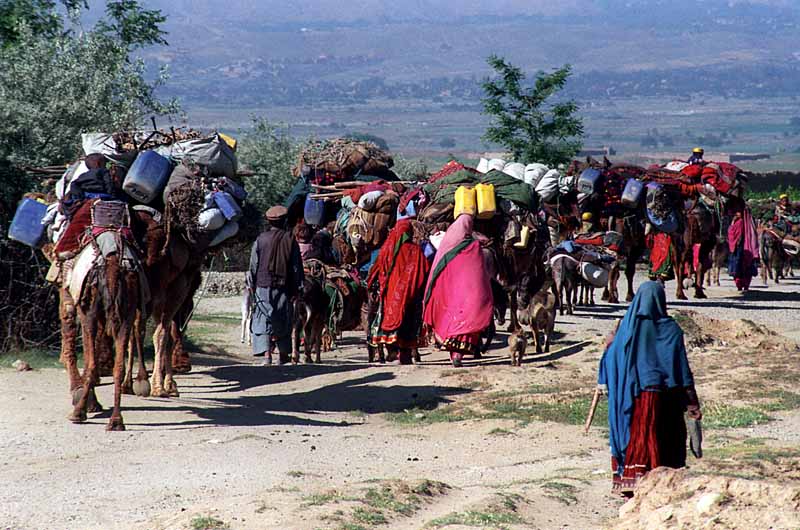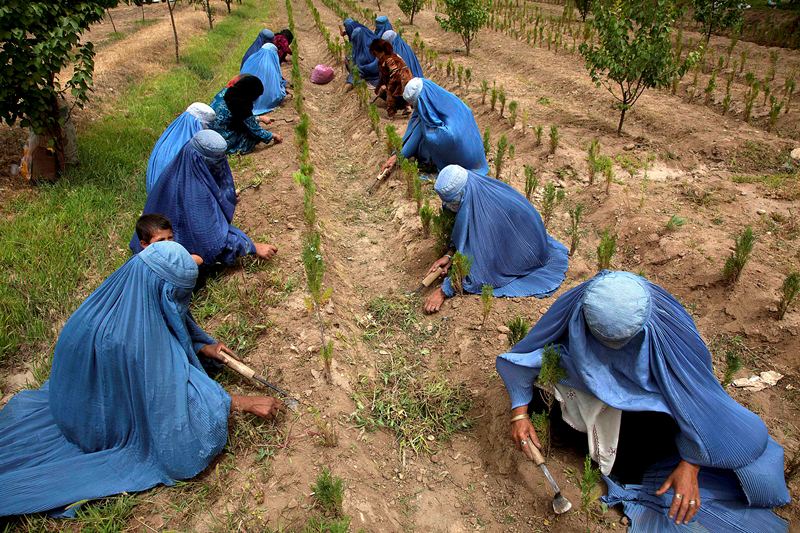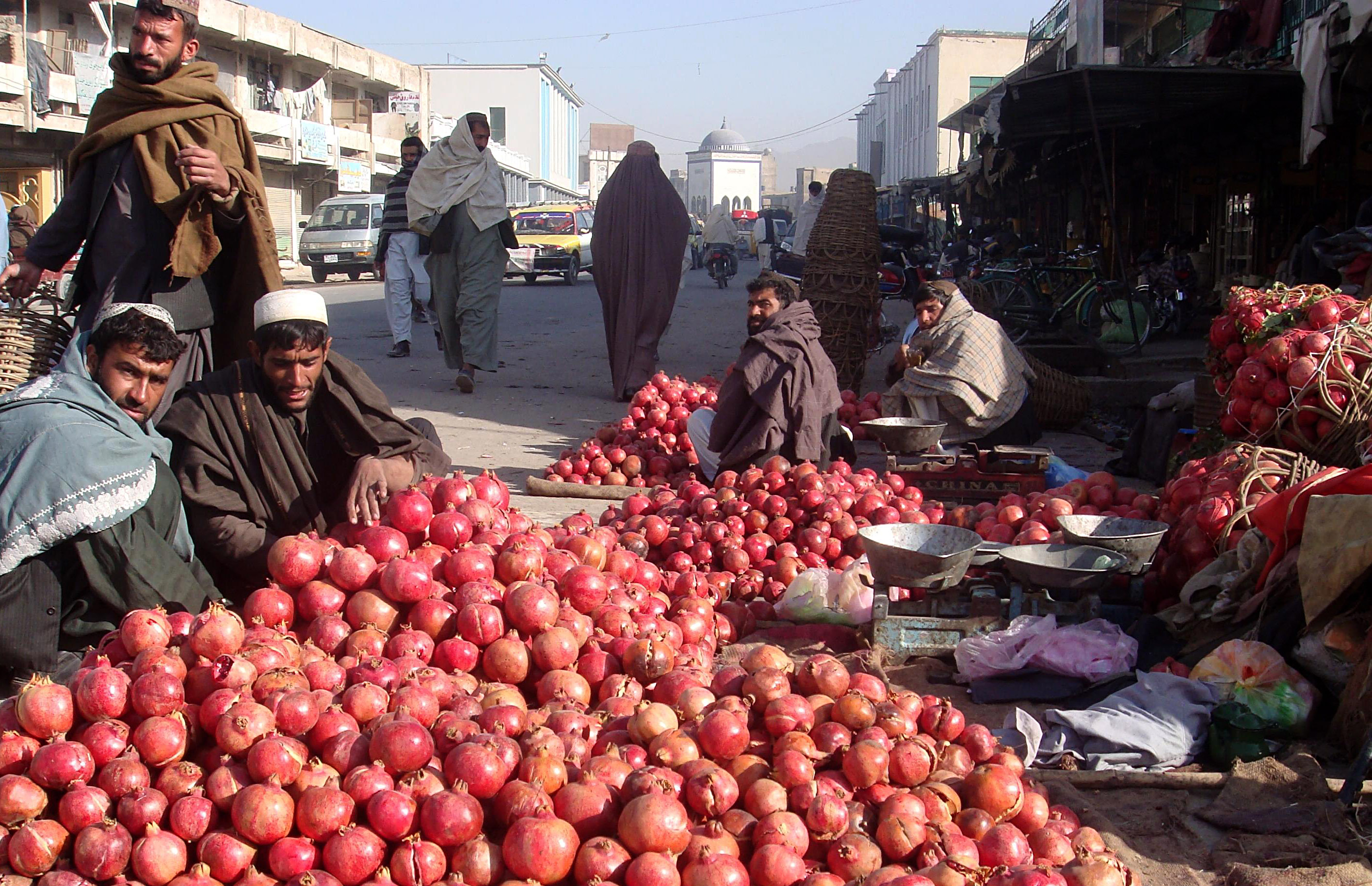KABUL - The United Nations will provide a grant of US$58 million to Afghanistan for an initiative aimed at improving food security by enhancing the skills, services and income opportunities of rural women and men.
The Community Livestock and Agriculture Project, which is supported by the world body’s International Fund for Agricultural Development (IFAD), seeks to improve agriculture and livestock productivity by building the capacity of community organizations and local government agencies to buoy locally-owned and led development, IFAD stated in a news release.
It added that this includes strengthening “weaknesses in the value chain to ensure small farmers are better linked to markets.”
After almost 30 years of conflict, Afghanistan is one of the poorest countries in the world, with more than 70 per cent of the population considered food insecure, according to IFAD. While the Afghan economy has recently grown in its trade and construction sectors, the agriculture sector continues to remain underdeveloped.
An agreement on the grant was signed at IFAD headquarters in Rome by the Afghan Ambassador to Italy, Zia Nezam, and the President of the UN specialized agency, Kanayo F. Nwanze.
The project will be particularly focused on resettled and nomadic Kuchis as well as woman-headed households. Kuchi, means 'nomad' in the Dari (Persian) language. Kuchi are ethnic Pashtun from southern and eastern Afghanistan, and though traditionally nomadic, many have been settled, with only a few thousand still following their traditional livelihood of nomadic herding.
In regard to woman-headed households, the project aims to increase the social and economic status of women by providing leadership and skills training to female producer groups. For instance, IFAD noted, women working in the dairy sector will receive technical assistance such as on the hygiene and care of young animals, as well as business training. These kinds of trainings also will be given in greenhouse development, vegetable processing, horticulture and forage production.
The project, which will be co-financed by the Government of Afghanistan and the UN Food and Agriculture Organization (FAO), will benefit 169,500 rural households in the central provinces of Kabul, Parwan and Logar.
With this new project, the Fund – which works with poor rural people to enable them to grow and sell more food, increase their incomes and determine the direction of their own lives – will have financed two programmes and projects in Afghanistan since 2008, for a total IFAD investment of US$82 million, benefitting 195,000 households.
Meanwhile, the Afghan Chamber of Commerce and Industries has reported an 80 per cent increase in the export of dry and fresh fruits from the country’s southern province of Kandahar, adding US$63 million to the Afghan economy in 2012 (or the Afghan calendar year of 1391 which ended on 20 March).
The Kandahar branch of the Chamber of Commerce said the bulk of the fruits were exported to Pakistan, India and the United Arab Emirates.
Agriculture is the main source of income for most of the one million inhabitants of Kandahar province. However, the cultivation of opium poppies is a concern, with local authorities there, supported by the international community, trying to persuade farmers to grow legal crops and half poppy cultivation.






